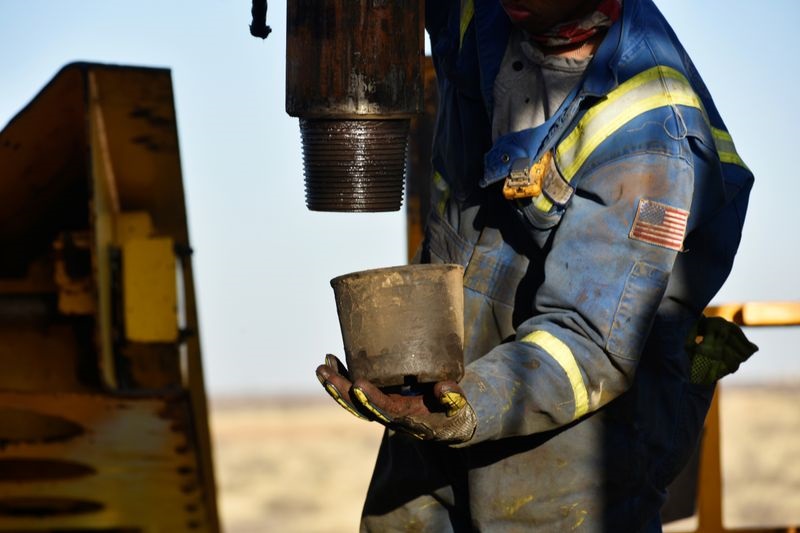By Peter Nurse
Investing.com -- Oil prices rose Tuesday on uncertainty over global supply after Saudi Arabia floated the idea of the world's major producers cutting production levels in order to prop up the market.
By 09:05 ET (13:05 GMT), U.S. crude futures traded 1.6% higher at $91.83 a barrel, while the Brent contract rose 1.4% to $97.79.
U.S. Gasoline RBOB Futures were down 0.9% at $2.8653 a gallon.
In interviews with Energy Intelligence and Bloomberg, Prince Abdulaziz bin Salman said that futures prices, which have fallen over 25% from their peaks earlier in the summer, are failing to reflect the tightness of the physical market, and that the OPEC+ group of producers may need to cut supply to end that ‘disconnect.’
The Saudi Arabian oil minister represents the largest oil producer in the cartel comprising the Organization of Petroleum of Exporting Countries and allies, commonly known as OPEC+, and his views carry weight.
“It might be difficult to justify supply cuts when Brent is trading above US$90/bbl, but possibly the minister’s comments were an attempt to put a floor under the market,” said analysts at ING, in a note.
“While the oil market is tight in the medium to long term, and there is limited spare capacity, our balance sheet shows that the oil market will be well supplied for the remainder of this year and into early next year.”
The cartel has reversed all of the output cuts made during the pandemic, during a period of extreme volatility since Russia’s invasion of Ukraine disrupted the usual flows.
Also of interest has been the progress in reviving a nuclear agreement between Iran and Western powers, which could result in Iranian crude reentering the global market.
Reuters reported a senior U.S. official saying Iran has dropped some of its main demands on resurrecting a deal to rein in Tehran's nuclear program, bringing the possibility of an agreement closer.
“Given the potential for in excess of 1MMbbls/d of additional supply coming onto the market, if we were to see a deal, the market will be following very closely how talks develop,” ING added.
Later in the session, the American Petroleum Institute is scheduled to release the first of this week’s two reports on U.S. inventories, after reporting last week that stocks fell by close to 500,000 barrels.
